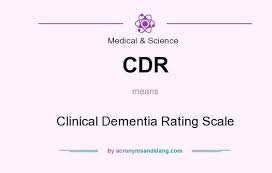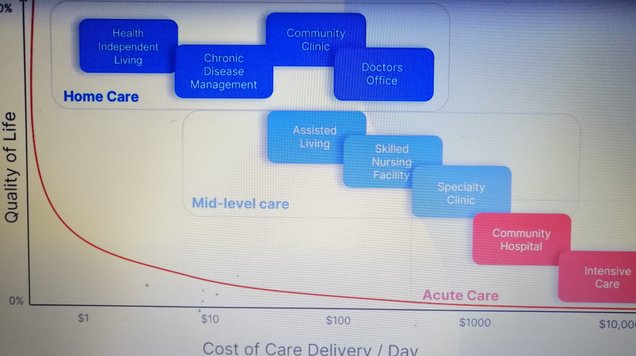Monitoring AD patients during the day...
With a companion robot at home...out of the hospital...
Real-time, Remote, Multi-variable predictive analysis, Continuous, exception-based care....
Today it isn't possible to monitor an AD patient POC.
For example, for decades, one simple cognitive test has been a mainstay in helping to diagnose Alzheimer's disease and other impairments: the clock-drawing test. In this test, a neuropsychologist or other examiner asks the patient to draw a clock showing a specific time.
Alzheimer's disease is complex, and it is unlikely that any one drug or other intervention will successfully treat it. Current approaches focus on helping people maintain mental function,manage behavioral symptoms, and slow down the symptoms of disease.
How do we know if a drug or treatment actually works ?
With double-blind, placebo-controlled studies allows us to compare the effects of a drug or treatment. Pharma companies use all kind of cognitive scales to prove if a drug for Alzheimer's disease works....
CDR or Clinical dementia rating scale
0 = normal 0,5 = very mild 1= mild dementia 2= moderate dementia 3= severe dementia
Based on criteria : 1. Memory 2.Orientation 3. Judgement and problem solving 4. Community affairs 5. Home and hobies 6. Personal care
ADAS-cog13
https://www.youtube.com/watch?v=Ag9ws7KT7ME
As we can see in the video we can do this test by a robot...data of this test in the cloud...
ADAS-cog13 or the Alzheimer's Disease Assessment Scale Cognitive with 13 items. This test is the most widely used general cognition measure test in clinical trials. Or global cognition index to antidementia therapies.
Criteria: 1. Memory 2. Language (word recall, delayed word, word recognition) 3. Praxis 4. Orientation
NPI Neuropsychiatric Inventory Questionnaire
10 psychiatric symptoms for caregivers
Criteria : 1. Delusions 2. Hallucinations 3. Dysphoria 4. Anxiety 6. Apathy 7. Irriability 8.Euphoria 9. Disinhibition 10. Aberrant motor behavior
1= mild 2= moderate 3= severe
ADCS-ADL Instrumental activation of daily living - MCI
Level of competence daily living...eating...without physical help and used a knife or not...
MMSE Mini Mental State Examination
measure cognitive functions questionnaire
25-30 points NORMAL, 21-24 LIGHT COG. 10-20 MODERATE 0-9 points SEVERE


